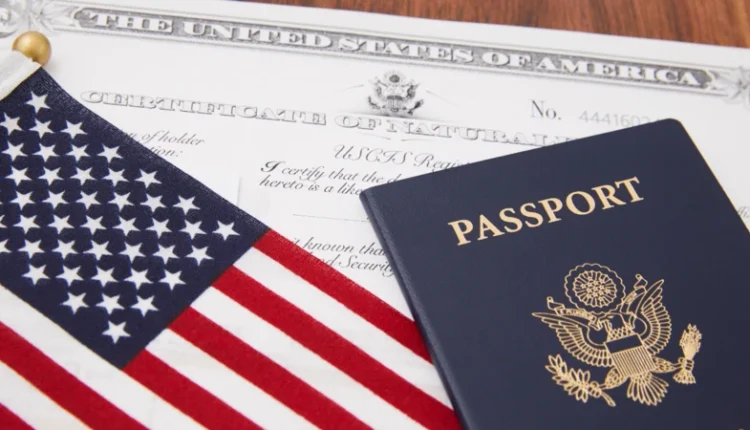Starting August 20, the U.S. will implement a pilot program requiring certain tourists and business travelers to pay bonds of up to $15,000 to obtain visas, according to a government notice.
The initiative targets visitors from countries with high rates of visa overstays, allowing consular officers to impose bonds of $5,000, $10,000, or $15,000—with $10,000 expected as the typical amount.
The funds will be refunded if travelers depart on time, but failure to comply could result in forfeiture. The program, set to run for one year, aims to strengthen immigration enforcement while exempting travelers from Visa Waiver Program countries.
The State Department has not yet specified which nations will be affected, but the criteria include high overstay rates, insufficient vetting procedures, and foreign policy concerns.
Countries previously flagged under Trump-era travel bans—such as Chad, Eritrea, and Haiti—may face stricter scrutiny.
A State Department spokesperson noted that the list could be updated, and individual circumstances may waive the bond requirement. The U.S. Travel Association estimates only around 2,000 applicants will be impacted, primarily from nations with low travel volumes to the U.S.
This move aligns with broader efforts to tighten immigration controls, a key focus during Donald Trump’s presidency. His administration’s travel bans and stricter visa policies contributed to a 20% drop in travel from Canada and Mexico in recent years.
The new bond program follows a similar 2020 pilot that was derailed by pandemic-related travel declines. Critics argue such measures could further deter international visitors, with the U.S. Travel Association warning that additional fees—like a separate $250 “visa integrity fee” taking effect in October—risk making the U.S. one of the most expensive destinations for visa applicants.
As the program rolls out, its effectiveness in reducing overstays remains uncertain. Customs data from 2023 highlights several African nations—including Burundi and Djibouti—with notably high overstay rates, suggesting they could be among the targeted countries.
While the Biden administration frames the policy as a security measure, travel industry leaders caution that excessive fees and restrictions may harm tourism and business exchanges. With global travel still recovering post-pandemic, the long-term impact of these measures on international mobility and U.S. diplomatic relations will be closely watched.



